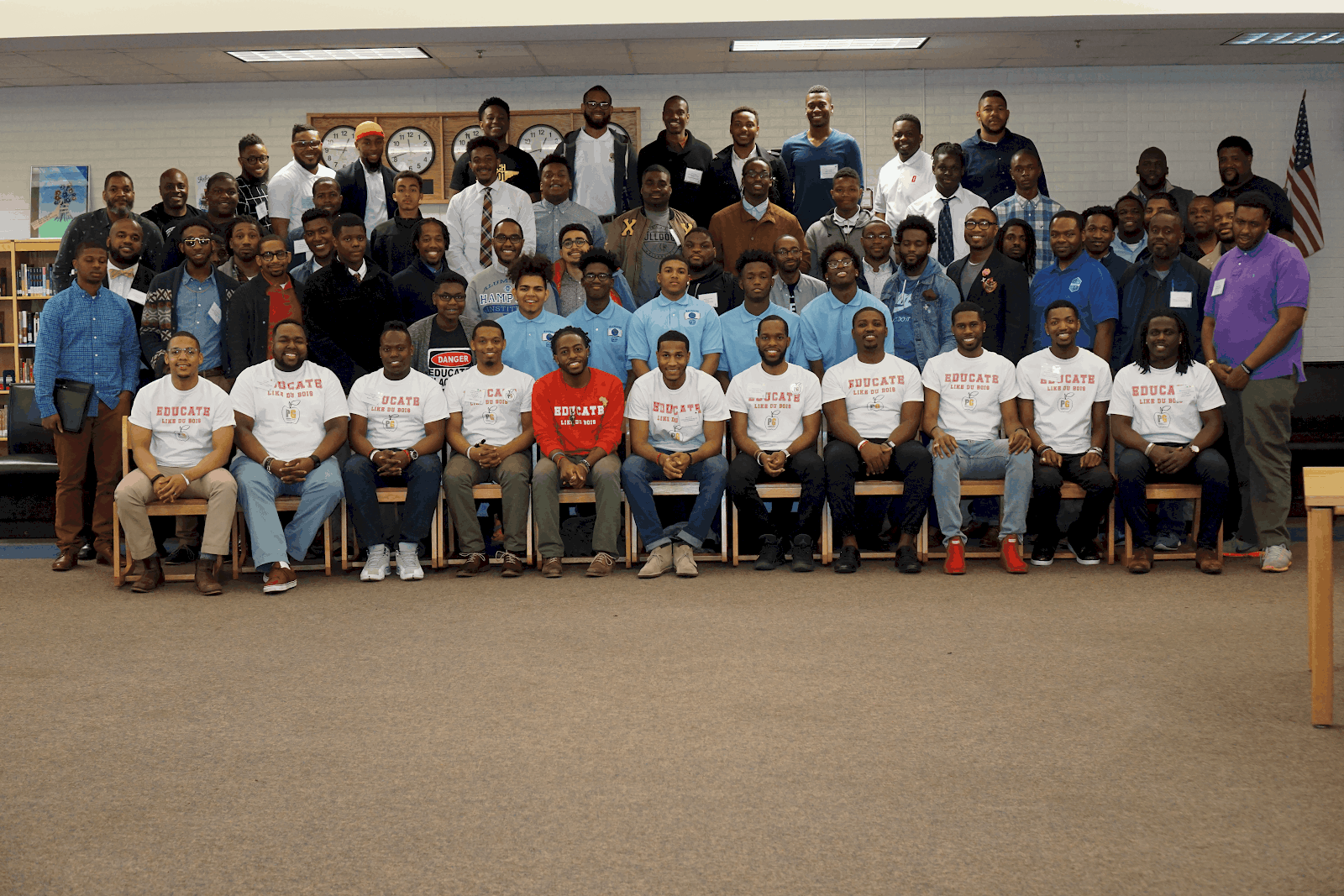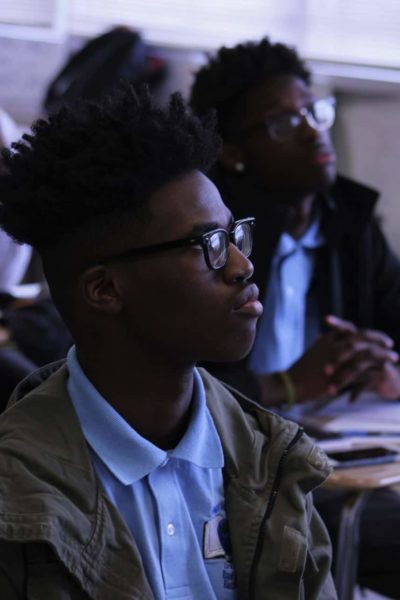Carter, Clark & Hightower may sound like a prestigious law firm on the top floor of Charlotte’s finest sky rise, but these were my first black male educators. Well, technically, I never sat in their classroom. I watched them on T.V. and in the movie theater. The characters of Coach Carter, Joe Clark, and Steve Hightower were impactful to me, and when I stepped into the classroom for the first time, these were the men who I tried to emulate.
Coach Carter represented high expectations. Coach Ken Carter, played by Samuel L. Jackson, was the basketball coach at Richmond High School in California. He is best known for benching his undefeated high school basketball team because of poor academic performance. He upheld the true definition of “student-athlete” and placed classroom standards above athletic prowess. His team eventually made it to the high school playoffs, lost by two points, but a number of the players who were previously academically ineligible, gained full-ride offers to college.
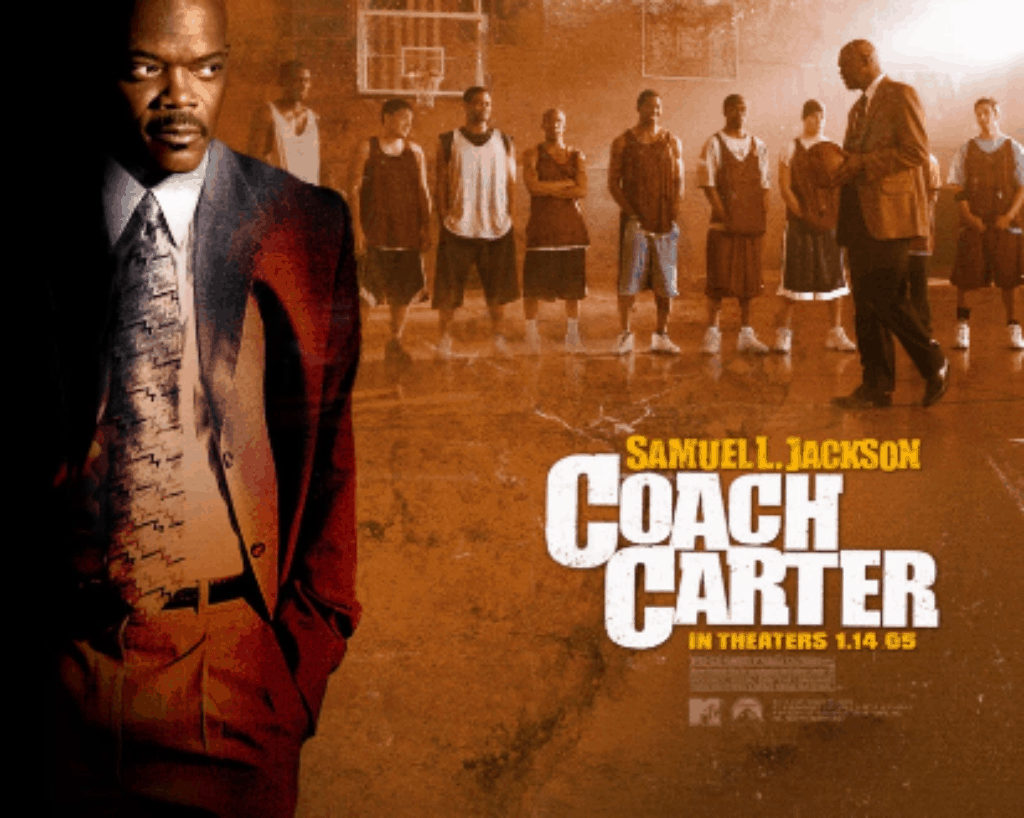

Joe Clark, A.K.A Crazy Joe, was the man. I loved his portrayal in the 1988 film, “Lean on Me.” Although I’m a 90’s baby, “Lean on Me” was a teacher’s go-to movie when they were absent. Seriously, I remember singing “The Eastside High School Song” and yelling out “SAMS” in my best Morgan Freeman imitation. Joe Clark represented Determination. He shook everyone up with his apparent commanding presence. Clark used harsh and strict discipline policies and was known for suspending more than 300 students who were involved with drug and gang activity. He was known to walk around with a bullhorn and a baseball bat barking orders at staff, students, and parents. He was actually arrested for locking the doors on his New Jersey high school with chains to prevent gangs from entering the school, which was a fire code violation. There was a method to his madness. In the end, Clark moved a historically low-performing school to 75 percent proficiency in one year, without a massive state budget.
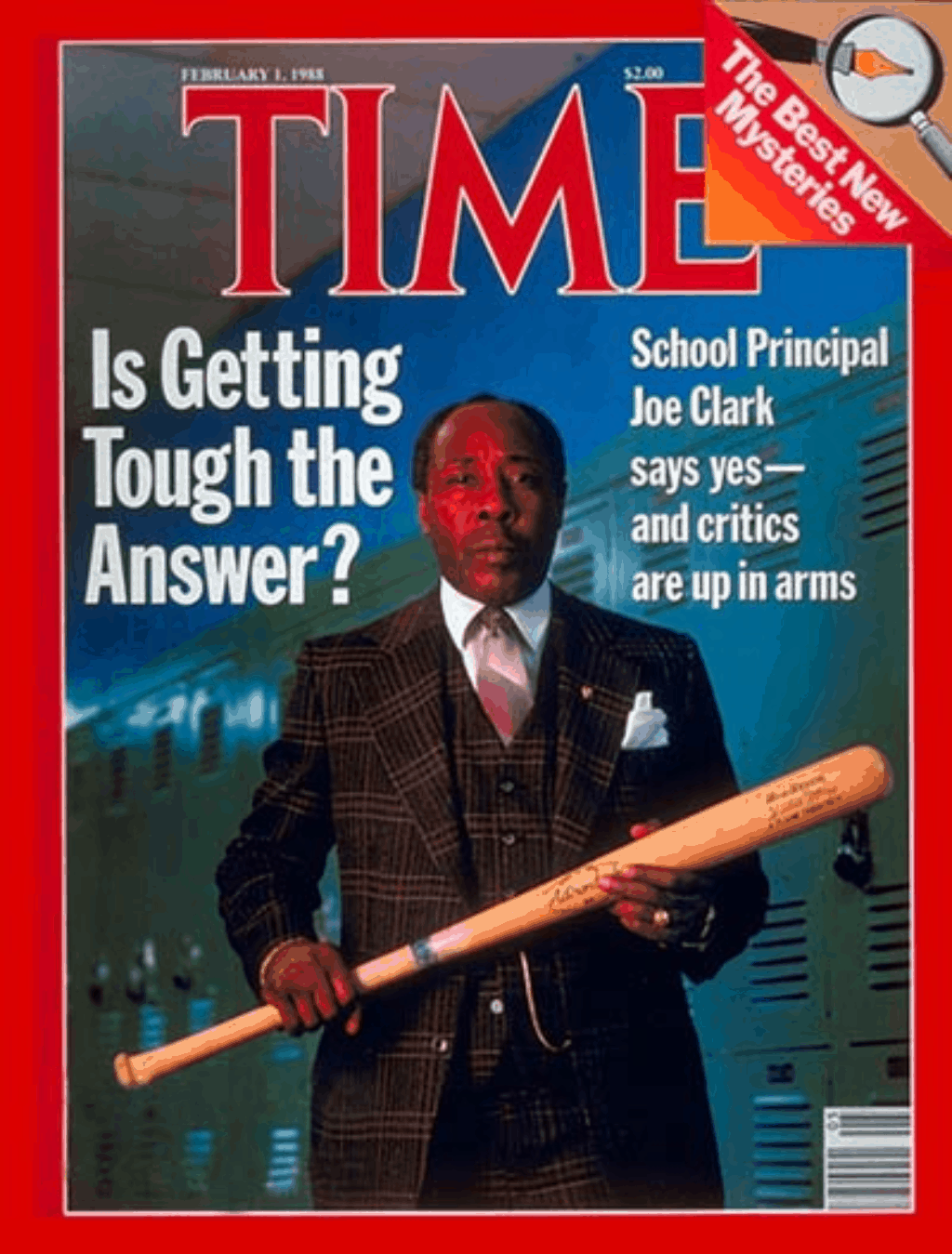

Finally, you had Steve Hightower, played by Steve Harvey. Harvey portrayed a fictitious R&B legend turned high school principal in Chicago’s West Side. Hightower was always clean, had a crisp taper-fade, and used comedy to build authentic relationships with his students. Hightower embodied relationship building and would give his students nicknames like “Piggy” & “Bullet Head.” He built a strong school and staff culture. Steve’s love for his students was evident for six seasons on former television station The WB.
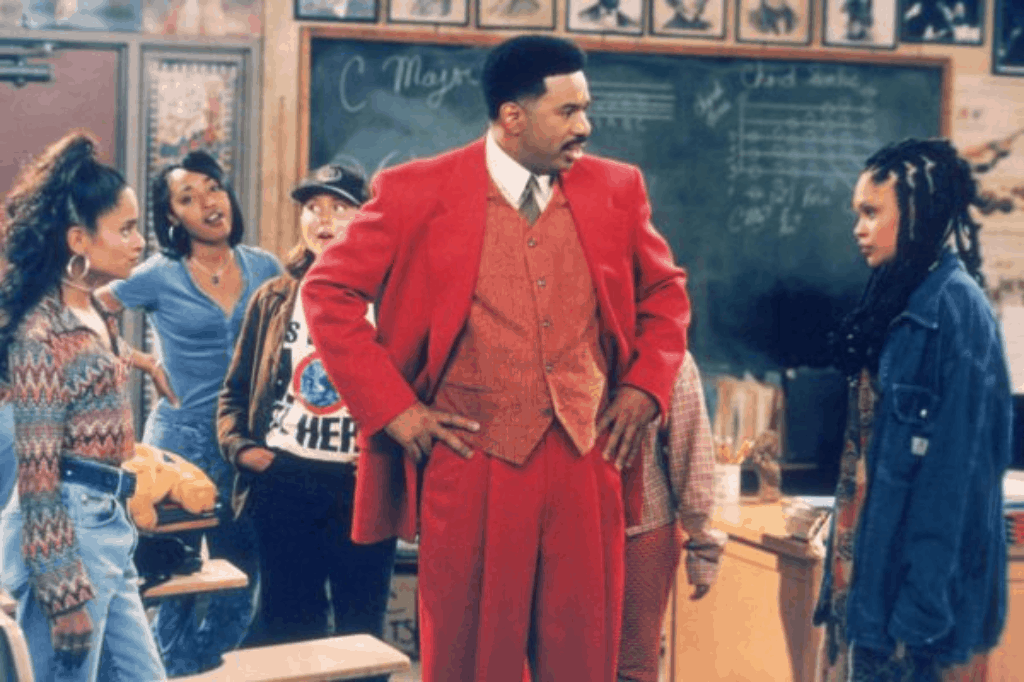

The beauty of these men was that they used individualized tactics, skills, and experiences to push students to excel. The reality was that they were not real to me. Carter, Clark & Hightower were the figurative educational blueprints, but when I closed the door and stared back at 32 eighth graders, I knew I had to find my voice and style.
Although I did not have educators who I identified with growing up, I was fortunate to teach in a school with a strong community of men. These men were my mentors, teachers, and helped me unlock my potential and find my voice in the classroom. Quickly, Carter, Clark & Hightower were replaced by Mr. Brooks, Coach Clark, and Coach Montgomery—men who have been working for students for a combined total of 50 years throughout North Carolina.
My experiences learning from Brooks, Clark, & Montgomery taught me about the importance of representation & community support to ensure young teachers feel supported and invested in the classroom.
Across the country, less than two percent of all educators are men of color, and according to Dr. Chance Lewis at the University of North Carolina Charlotte, isolation is one of the core factors to male educator of color attrition, which is five times higher than any other demographic. In North Carolina, many men of color are working in schools where their voice is the only voice and some young men of color will never have an educator who reflects their background. It is true: “You can’t be what you can’t see”.
As a result, I co-founded Profound Gentlemen in 2014 to provide a community of support for men of color in education. Profound Gentlemen creates a community of support and accountability so that men of color can maximize their impact in the classroom and have other Gentlemen who they lean on for mentorship and development. Across the country, we support more than 180 educators. In North Carolina, we support more than 60 educators in 10 counties. In our program, we use a recipe of holding high expectations, determination, and relationship building as our keys to successfully attract men of color into the education profession and keep them there. We had a 100 percent retention rating during our 2016-2017 program year. Our educators are maximizing their impact and living out their purpose.
As we prepare for our fourth year of programming, we look to establish statewide partnerships and create shared strategies that will continue to help attract and retain men of color to our schools.
We strive to ensure that all young men and male teachers of color have real life examples of success like Coach Carter, Joe Clark, Steve Hightower. To achieve this, we need the support of local districts, school networks, teacher preparation programs, and legislators to make teacher diversity and representation of men of color in our schools a priority.
We invite men in education to become a Profound Gentlemen by joining our national community and we invite advocates and supporters to become a friend to the movement.
